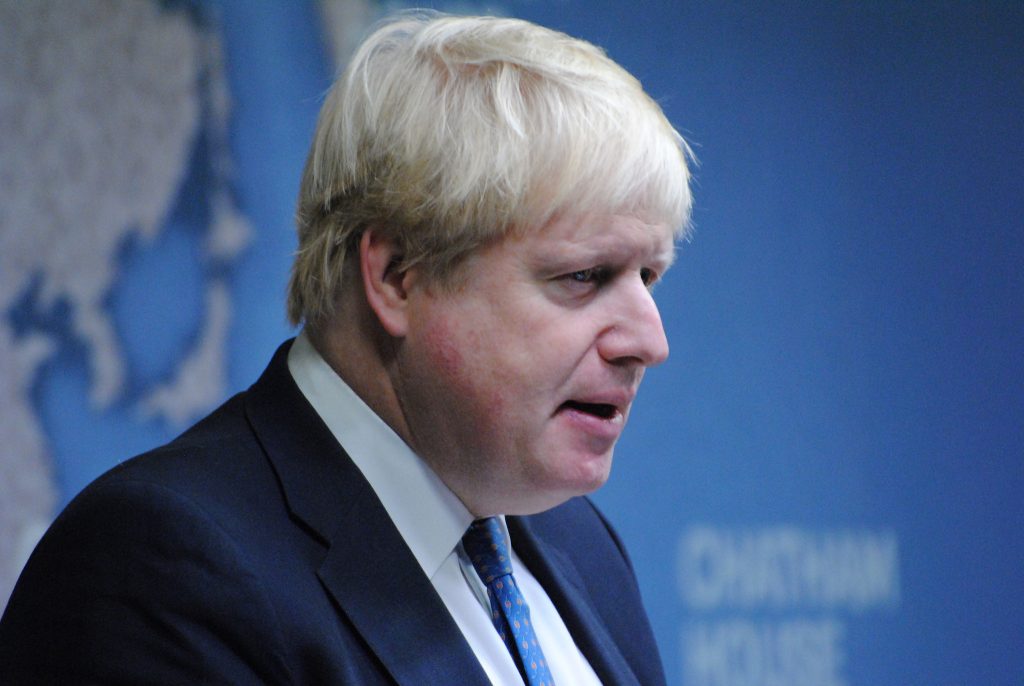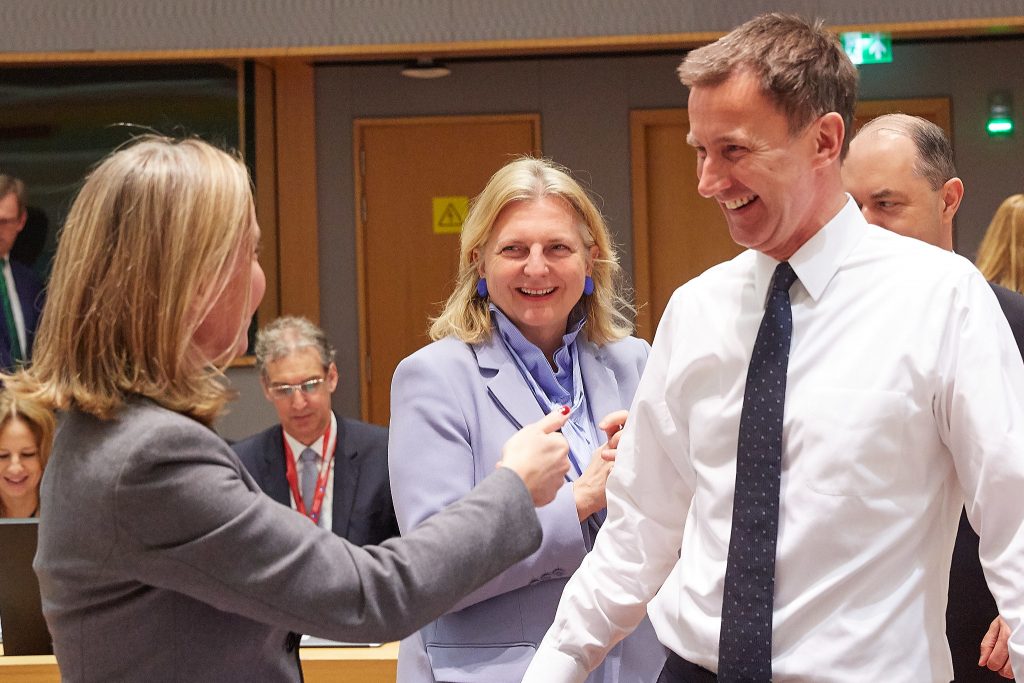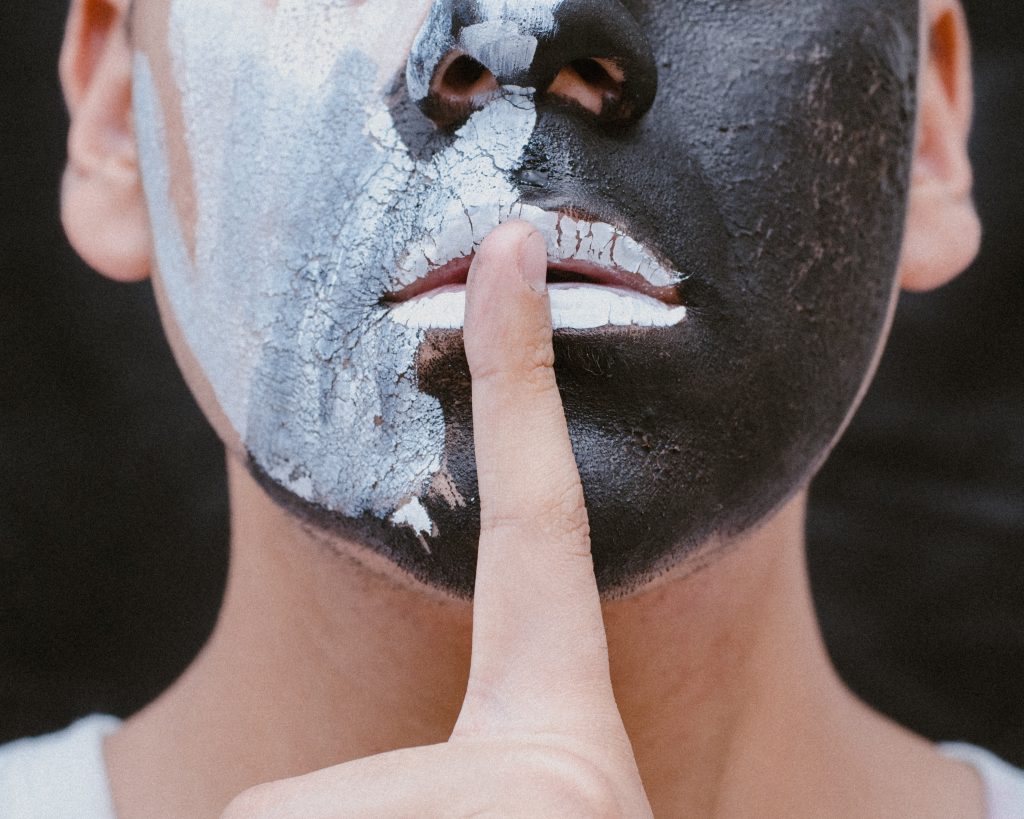Boris Johnson and Jeremy Hunt are vying to replace Theresa May as leader of the Conservative Party and become Prime Minister of the United Kingdom.
The Conservative Party’s grassroots, reportedly numbering 160,000 members, will now determine who leads the country in a postal ballot – the winner expected to be declared on July 22.
Outgoing Prime Minister Theresa May remains in charge until her successor is appointed.
RightsInfo has done some digging into how the two candidates stack up on matters of human rights, based on what they have previously said and how they have voted.
Human Rights Act

Image Credit: Flickr.
Boris Johnson appears to top Jeremy Hunt when it comes to championing the Human Right Act – albeit not by a great margin.
This piece of legislation, introduced in 1998, embeds international human rights protections set out in the Human Rights Convention as part of our laws.
This means that citizens can go to courts in the UK, rather than the in Strasbourg, for human rights matters.
The Conservative Party has pledged in past manifestos to repeal the Act and replace it with a British Bill of Rights, the details of which are unclear.
When put to a parliamentary vote in 2016, Jeremy Hunt towed the party line and voted in favour of scrapping the Act. Johnson, on the other hand, was absent.
Despite leading the charge to leave the European Union, ardent eurosceptic Johnson has spoken favourably about the Convention.
Speaking at a Vote Leave rally in 2016, held at a racecourse in York, he said: “Keep the European Convention, it’s a fine thing… We wrote it. Get out of the EU.”
His reverence for the Convention seems to stem from former Prime Minister Winston Churchill’s role in helping to craft it.
“I am not against the Convention or indeed the Court because it’s very important for us,” he added, according to the Daily Mirror.
“The judgments of the European Court of Human Rights do not have to be applied either by the UK courts or by the UK Parliament.”
Hunt has not actively campaigned against the Human Rights Act but has criticised how it has been implemented in the UK.
As Culture Secretary, Hunt told journalists that rights were being upheld in a way which was “inconsistent with what Parliament decided when we implemented the Human Rights Act.”
Nevertheless, in 2016 he voted in favour of scrapping the Human Rights Act and, two years later, supported scrapping the Charter of Fundamental Rights.
Foreign Policy

Image Credit: photonews.at/Georges Schneider
Both Johnson and Hunt have spoken proudly about championing human rights internationally.
Months before resigning from his ministerial post, Johnson said: “Standing up for human rights is not only the right thing; it also helps to create a safer, more prosperous and progressive world.”
He described “championing” human rights as “integral” to the work of the Foreign Office and the everyday work of British diplomats.
Nevertheless, when it came to foreign affairs, watchdog Human Rights Watch (HRW) described his approach to human rights as “weak, inconsistent, and often incoherent”.
HRW’s Advocacy and Press Officer Myrto Tilianaki cited the sale of £4.6bn of arms to Saudi Arabia since the start of the war in Yemen until June last year as a prime example.
In May, Hunt appointed his former Parliamentary Under Secretary Rita French as a roving ambassador for human rights – a newly created role.
“Standing up for human rights is not only the right thing – it helps to create a stable, more prosperous world,” he said, in statement released to announce French’s appointment.
Leading human rights barrister Kirsty Brimelow QC told RightsInfo that she welcomed the creation of the position, but added the role would become a “laughing stock” if the UK does not practice what it preaches.
Press Freedom

Image Credit: Unsplash.
Before entering into politics Johnson worked as a journalist, although he was sacked from the Times Newspaper in 2013 over allegations he made up a quote.
He retains a regular column for the Daily Telegraph. As Foreign Secretary, he pumped £1m funding into projects to promote freedom of speech internationally.
He has come under fire for his alleged unwillingness to come under public scrutiny during the current Conservative leadership conference. At a Conservative Party hustings this weekend he refused point blank to answer multiple questions as to why police were called to the home of his girlfriend Carrie Symonds amid reports of a loud altercation.
As culture secretary, Jeremy Hunt was responsible for overseeing the proposed takeover of telecoms giant BskyB by Rupert Murdoch’s Newscorp. His contacts with the media baron’s family came under scrutiny during the 2012 Leveson Inquiry into the culture and practices of the press.
He received criticism for messages he exchanged with James Murdoch on the bid. Text messages sent to Hunt by Newscorp lobbyist Fred Michel were released during the inquiry which addressed him as “Daddy” and “mon ami”.
But Hunt insists he acted with “total integrity” during the bid process. However, since becoming foreign secretary, Hunt has also made press freedom one of the Foreign Office’s strategic priorities.
Islamophobia
Sajid Javid asks leadership rivals to commit to an external investigation into Islamophobia in the Tory party, saying people are “right to have concerns about growing anti-Muslim hatred in our country”
Live updates: https://t.co/sYMtjZRym7 #BBCOurNextPM pic.twitter.com/Tocf4V0uKz
— BBC Politics (@BBCPolitics) June 18, 2019
Both Conservative leadership candidates were bounced into a commitment to launch an independent investigation into alleged Islamophobia within the Conservative Party by Home Secretary Sajid Javid during a BBC debate last week.
Jeremy Hunt has since come out explicitly in favour of an independent probe – telling BBC’s Today programme: “I think we should have an independent inquiry because the cancer of racism and prejudice is not restricted to any one political party.
“We have been very vociferous calling out Jeremy Corbyn and anti-Semitism and if we are going to do that, and I think we are right to do that, then we have to be whiter than white ourselves.”
In August, Johnson was also referred to the Equality and Human Rights Commission (EHRC) for a controversial Telegraph column in which he compared Muslim women who wear burqas as “looking like letter boxes” – prompting accusations of Islamophobia.
While it branded Mr Johnson’s comments as “inflammatory and divisive”, the EHRC said it had no powers to investigate the matter. The remarks were also deemed not to be in breach of the Conservative Party’s code of conduct.
Healthcare
![]()
Image Credit: Unsplash.
As Health Secretary, Jeremy Hunt was fiercely criticised for insufficient NHS investment and an unprecedented strain on services.
Another controversy from Hunt’s time as Health Secretary was the junior doctors’ strike following a contract dispute over hours and working conditions. Hunt admitted that the junior doctors “had a point” about the potential impact of overworked doctors on patient safety.
While speaking to Sky News earlier this month, Hunt sparked outrage by making public his views to halve the current legal abortion limit from 24 to 12 weeks.
But on whether he would seek to change the policy if he was PM, Hunt added “it won’t be government policy to change the law” or to have a vote on it.
“These are matters of conscience, yes, my view hasn’t changed on that,” he said.
“I respect the fact other people have very different views and that’s why these matters are matters for free votes in the House of Commons.”
Johnson’s views on abortion are less clear. According to WhereTheyStand.org he has been absent on almost all votes on the matter since 2007.
While Mr Johnson was summoned to court earlier this month to face accusations that he lied to voters during the 2016 referendum campaign by promising to claw back £350m from the European Union to reinvest in the NHS. However, the case was thrown out.







